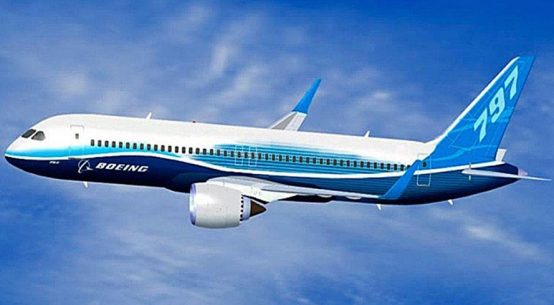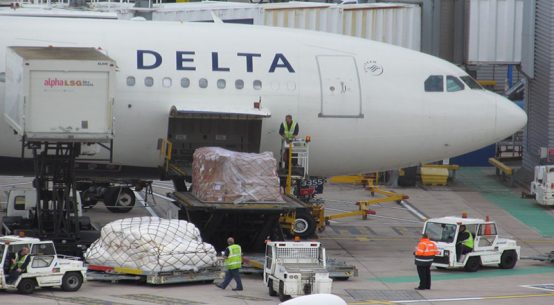
Janet Kemboi, Uber East Africa Spokesperson. File Photo | NMG
CAPE TOWN (Reuters) – Ride-hailing service Uber Technologies Inc. is growing rapidly in sub-Saharan Africa and considering moves into more markets, despite sometimes violent opposition from metered taxi drivers, a senior executive said on Tuesday.
Uber’s service has triggered protests by rivals from London to New Delhi as it up-ends traditional business models that require professional drivers to pay steep licensing fees to do business.
“We are bullish on Africa. The growth here is still substantial and we think that given the right regulatory environment, the growth could be even better,” Justin Spratt, head of business development for the sub-Saharan region, told Reuters.
“Africa’s growth thus far has been faster than America and a large part of that is because there is such deficiency in public transport … that talks to the latent need, the pent-up demand for citizens to travel more within cities,” he added.
Spratt said Uber was talking to governments, regulatory authorities and metered taxi associations across the continent to address grievances that have seen some of its contract drivers attacked from Kenya to South Africa.
Follow us on Twitter for more Logistics News Follow us on Facebook for more Logistics News
“We realize that we need to work with cities and the regulatory framework to help build out ride-sharing regulation,” he said on the sidelines of an African telecommunications conference.
Uber, which operates in Nigeria, Kenya, Ghana, Tanzania, Uganda and South Africa, has around 15 million drivers globally and is struggling to meet demand in Africa for drivers to become contractors, Spratt said.
The service, which launched in sub-Saharan Africa in 2013, is looking to new markets in Senegal, Ivory Coast, Mauritius and the wider southern African region, but has not yet taken a decision on where it will go next, he said.








